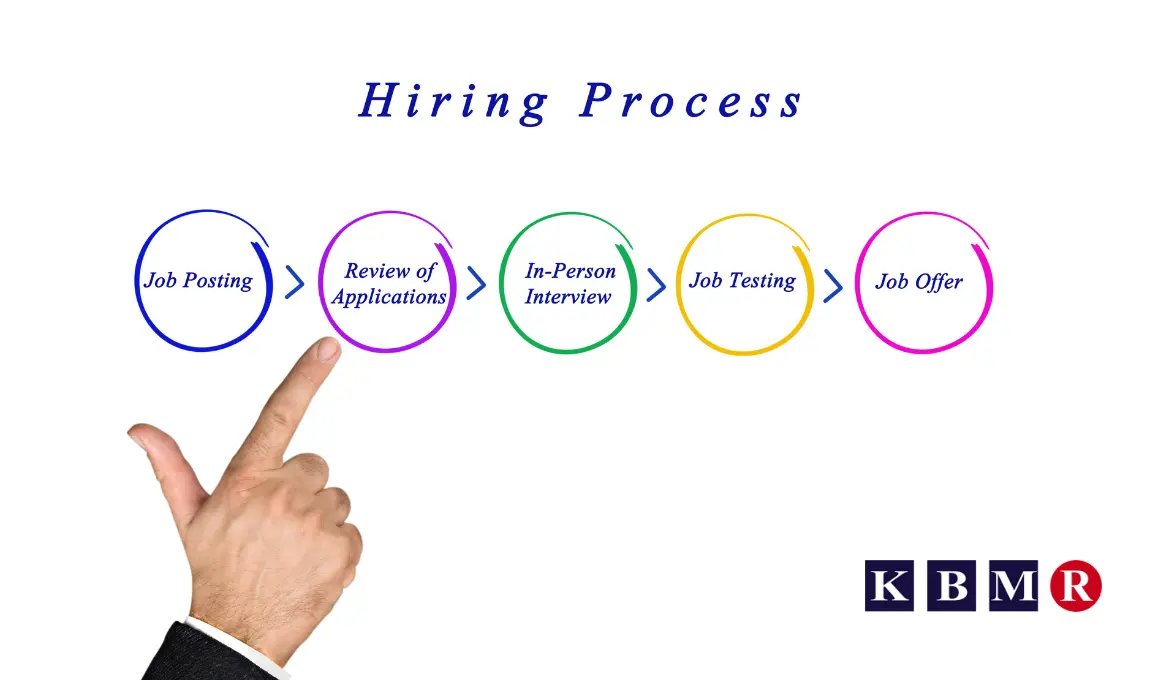As a job seeker in the UK, the hiring process can be overwhelming. However, you can easily navigate the process with proper understanding and preparation. In this article, I will provide you with essential insights that will help you find job opportunities, craft a UK-style CV and cover letter, prepare for job interviews, and negotiate a job offer in the UK.
Introduction to the UK hiring process
The UK hiring process can vary depending on the industry and the company you are applying to. However, there are common steps that most companies follow. The first step is to submit your CV and cover letter. If your application is successful, you will be invited to an interview. The interview may be over the phone, via video conferencing, or in person. After the interview, the company may conduct a reference check before making a job offer.
It is important to note that the UK hiring process can take time, so it is essential to be patient and persistent in your job search. You may need to apply to multiple jobs before you receive an offer.
Finding job opportunities in the UK
There are several ways to find job opportunities in the UK. The most common way is to search online job boards such as Indeed, KBM Recruitment, Monster, or Reed. You can also visit company websites and check if they have any job openings.
Networking is also an excellent way to find job opportunities in the UK. Attend industry events, join professional associations, and connect with people on LinkedIn. You may also consider reaching out to recruiters who specialize in your industry.
When applying for jobs in the UK, it is essential to tailor your CV and cover letter to the job you are applying for. Research the company and the job description to ensure that your application highlights the skills and experience most relevant to the position.
Crafting a UK-style CV and cover letter
In the UK, a CV is typically two pages long and includes your personal information, work experience, education, and skills. It is essential to highlight and quantify your achievements with numbers where possible. For example, instead of saying that you increased sales, say that you increased sales by 20% in six months.
You must tailor the job you are applying for and explain why you are the best candidate. It should also highlight your key achievements and skills and explain how they relate to the job requirements.
Using UK English spelling and grammar is essential when crafting your CV and cover letter. It would be best to refrain from using jargon and acronyms that may not be familiar to UK recruiters.
How to prepare for UK job interviews
Once you are invited to a job interview, it is essential to prepare thoroughly. Research the company and the job position to ensure that you understand the company's values, culture, and mission. You should also research the interviewer and their role in the company.
Prepare answers to common interview questions such as "Tell me about yourself" and "Why do you want to work for this company?". It would help if you also prepared examples of your achievements and how they relate to the job requirements.
Dress appropriately for the interview and arrive early to ensure you have time to compose yourself. Listen carefully to the interviewer's questions and answer them concisely and honestly during the interview. It is also essential to ask questions about the company and the role to show interest in the position.
Negotiating a job offer in the UK
The company may offer you a job if you are successful in your job interview. It is essential to take the time to review the offer and negotiate if necessary. Research the average salary for the position and the industry to ensure the request is fair.
When negotiating a job offer, be polite and professional. Explain why you feel that the offer is not suitable and provide evidence to support your request. For example, you may have additional qualifications or experience that warrant a higher salary.
It is essential to keep the lines of communication open during the negotiation process. Be willing to compromise and find a solution for you and the company.
Conclusion
Navigating the UK hiring process can be challenging, but with the proper understanding and preparation, you can succeed in your job search. Remember to tailor your CV and cover letter to the job you are applying for, prepare thoroughly for job interviews, and negotiate job offers professionally. Good luck in your job search!
For more insights on job searching and career development, please visit our website or follow us on LinkedIn and Facebook.





